No products in the cart.
Penja White pepper
8.99 $
Ingredients: 100 % white pepper
Format: 100g
Brand: Afritibi
Origin: Cameroon
SKU: EPC-PPJ-003
Categories: Spices, Spices & Condiments
Penja white pepper
Originally from Penja in Cameroon, Penja white pepper is a wild pepper that grows in the savannah, spread by birds in a totally random manner, hence its name bird pepper. It is highly sought-after for its unique flavor, attributed to the volcanic subsoil of its native soil. Despite its acclaim among the world’s top chefs, Penja white pepper remains relatively unknown to the general public. Its production is limited, making it a precious commodity that seasons dishes with its magical aromas.
A Five-Year Growth Cycle
This pepper is found in the town of Penja, a small town of about 40,000 inhabitants located 70 km from Douala. The vine on which the pepper grows, the “Piper Nigrum vine,” is native to India and was imported in 1958 by Antoine Decré, a banana planter in the region. The combination of a humid tropical climate and fertile volcanic soil allows the vines to produce berries that give the pepper its distinctive taste.
The berries are harvested at maturity from October to January, then washed to remove the skin, air-dried, and sorted by hand. The seeds vary in color from beige to grey to light brown and are known for their character, powerful and full-bodied aromas with strong persistence in the mouth, featuring woody, amber, and musky notes.
In 2013, the producers of Penja pepper obtained one of the first Protected Geographical Indications (PGI) of the continent, a designation of origin and quality awarded by the European Union.
Culinary Uses of Penja White Pepper
Penja pepper is distinguished by its smell and taste, having a strong smell and a very pronounced pungent taste without burning the mouth. It can be used with red meat, spicy poultry recipes, or in sauces, adding depth to eggs and seasoning white fish perfectly. It is also recommended for steamed vegetables, button mushrooms, and is perfect for seasoning a salad dressing. In short, it is the ideal table pepper to bring a peppery and fruity note at the last moment.
| Weight | 0.40 lbs |
|---|---|
| Dimensions | 5 × 4 × 1 in |
Be the first to review “Penja White pepper” Cancel reply
Related products
-
Spicy pepper sauce
12.99 $ -
Rose water
3.99 $ -
Orange blossom water
3.49 $ – 4.99 $ -
Whole country onion
3.99 $ -
Dill seeds
5.00 $ -
Ehuru
3.99 $ -
PestoRinga
8.00 $
Close


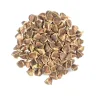
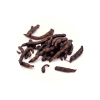
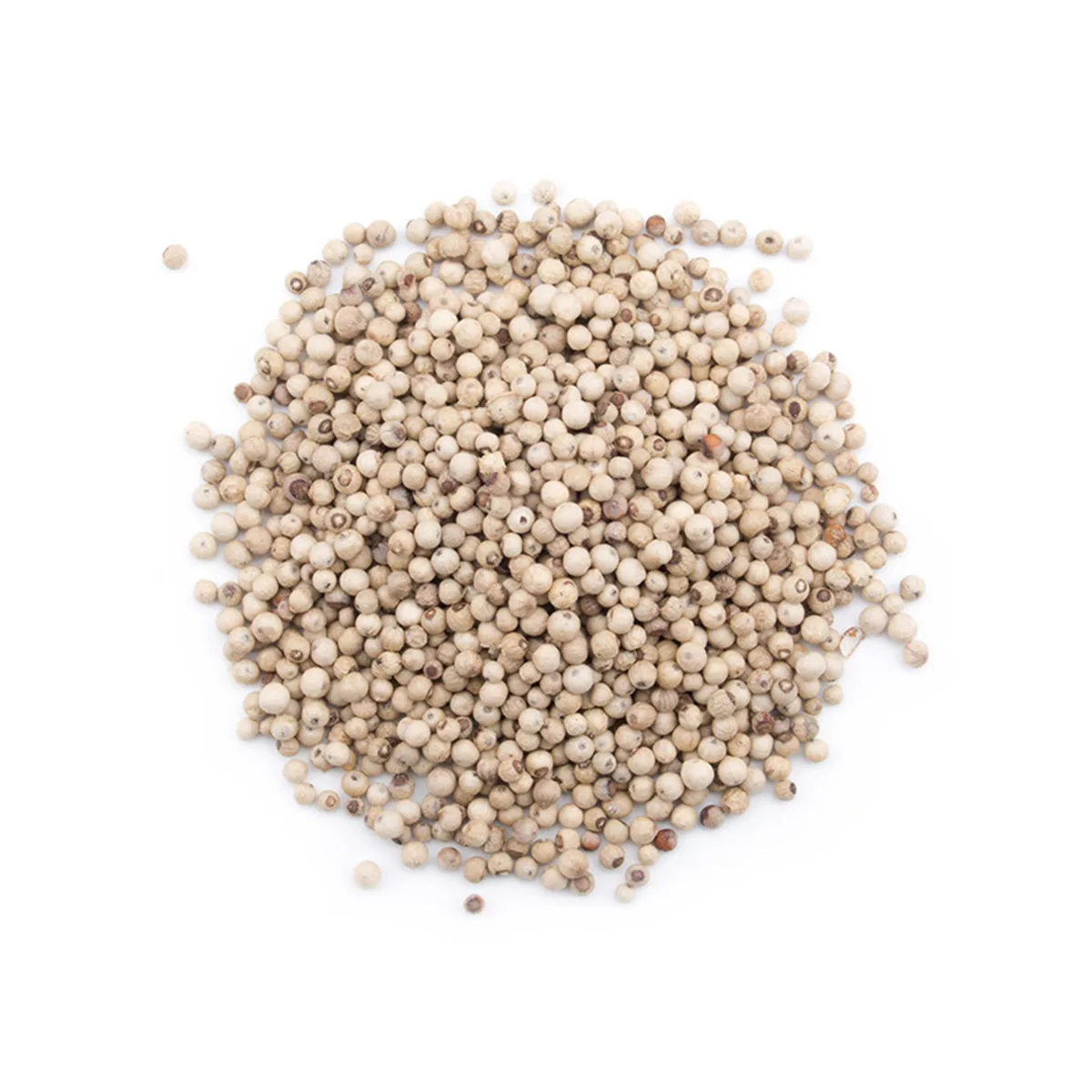
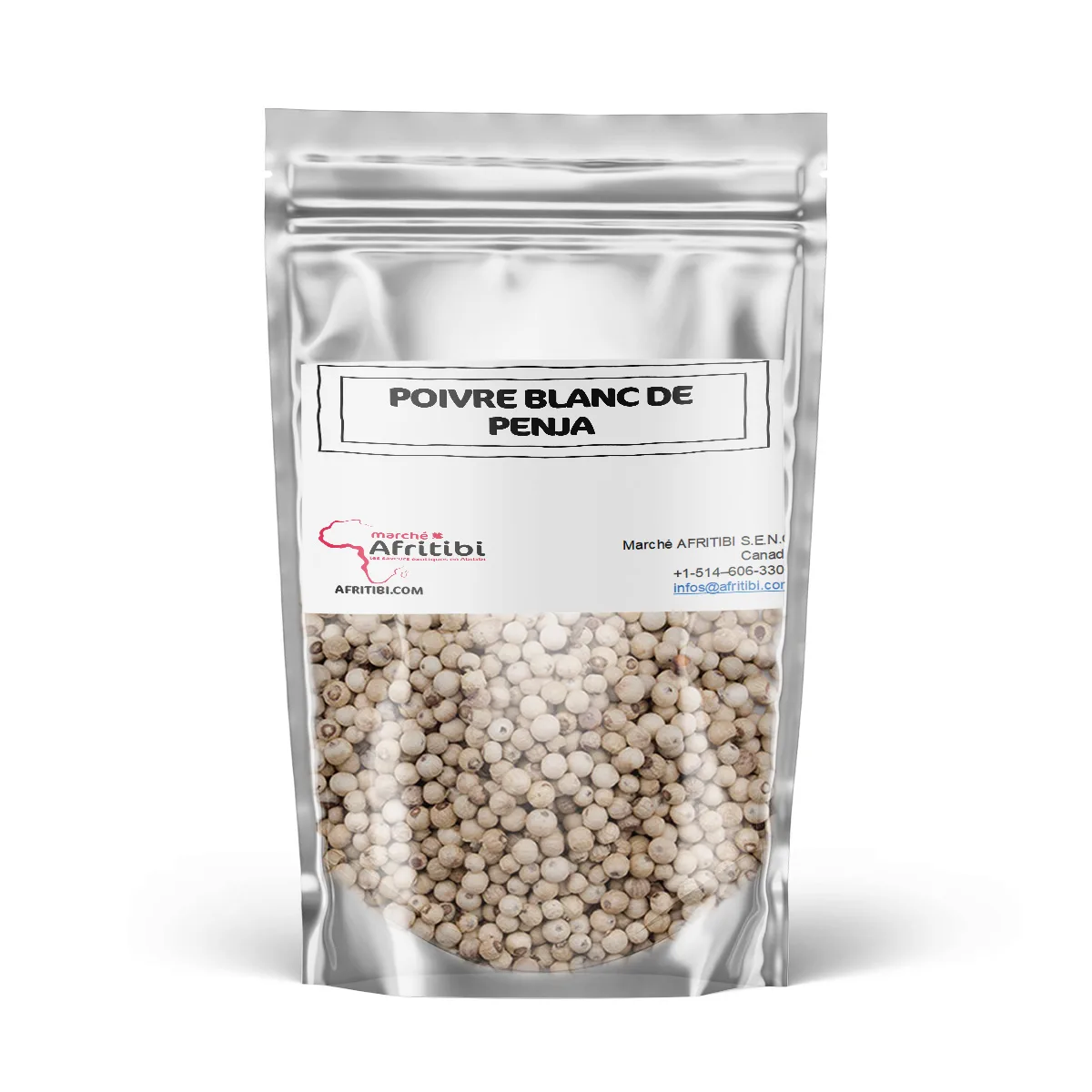
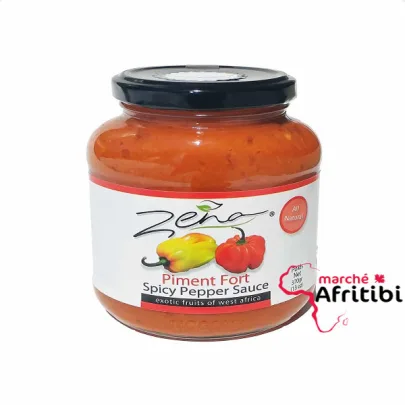
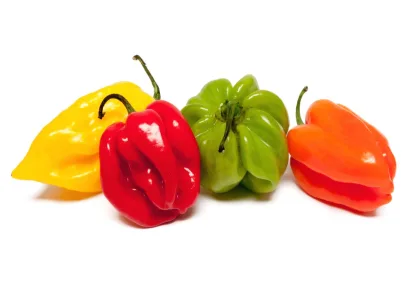
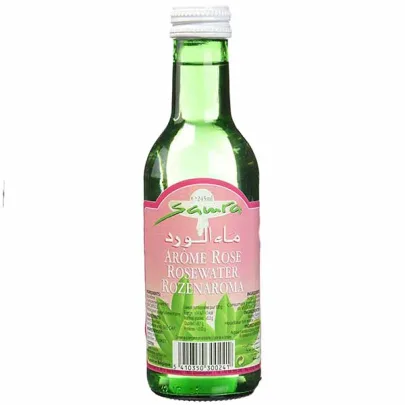
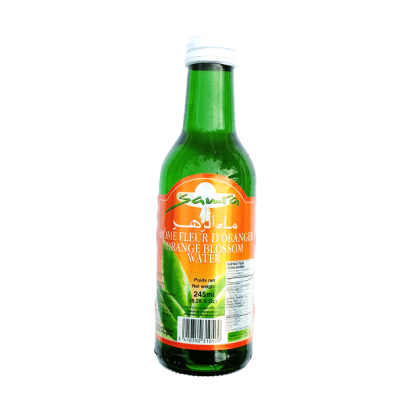
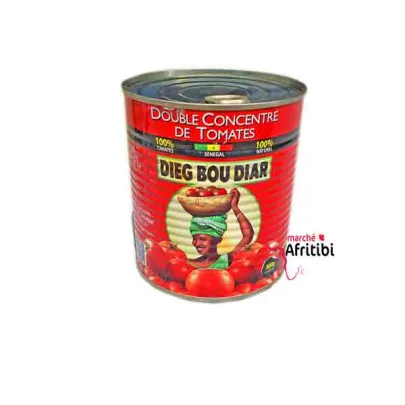
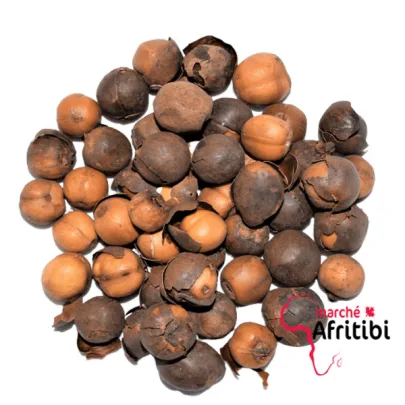
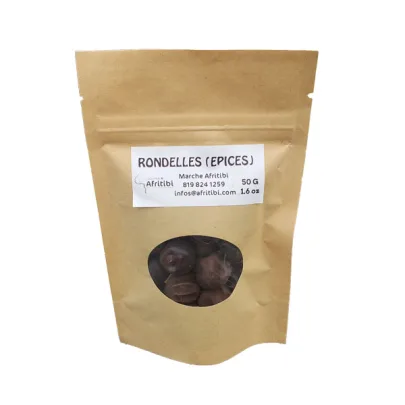
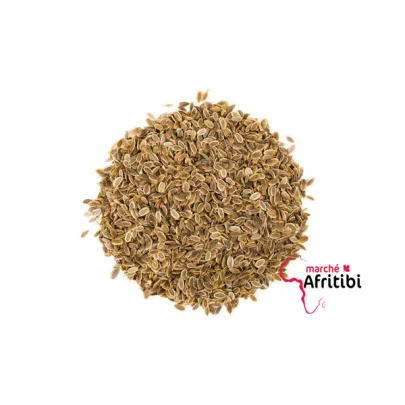
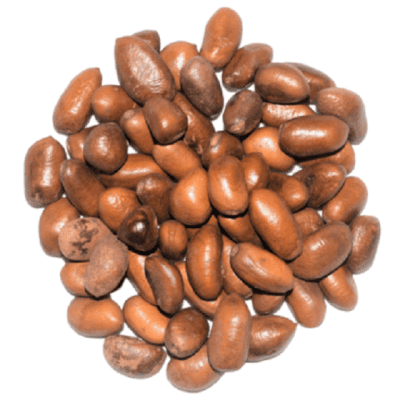
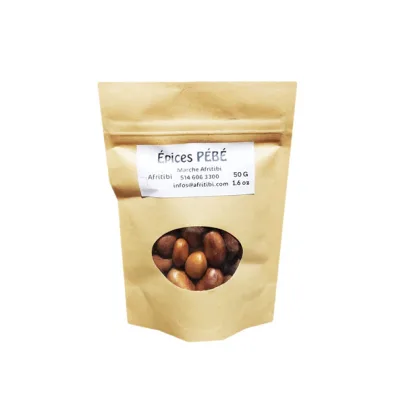
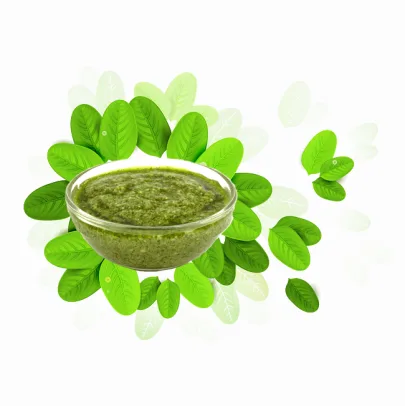
Reviews
There are no reviews yet.